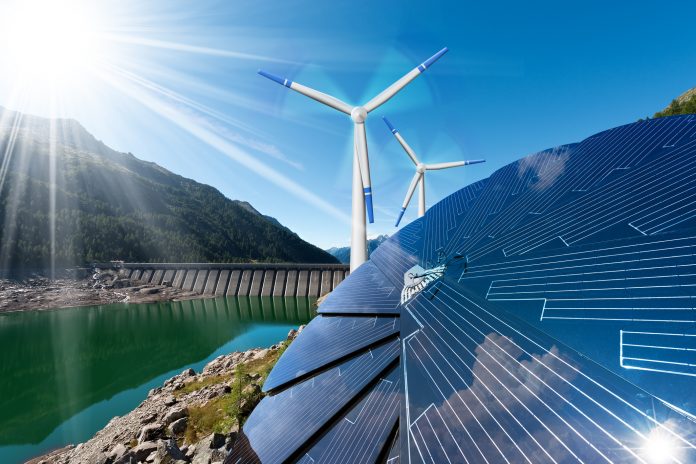ISLAMABAD: The World Bank has approved $450 million in financing to support Pakistan’s transition to clean energy as the country aims to reduce its reliance on fossil fuel.
The project will help shift to domestic clean resources by investing in renewable energy generation, including hydropower and solar, in Khyber Pakhtunkhwa (KP) province. The project area includes Upper Dir and Swat districts.
The Khyber Pakhtunkhwa Hydropower and Renewable Energy Development Project will offer low-cost and low-carbon electricity and will support the economic development of communities near the hydropower and solar projects by creating jobs, and supporting infrastructure development and tourism activities.
“This project supports Pakistan’s goal to become a low-carbon, renewable energy-reliant economy by 2030 and contributes to its national target in reducing greenhouse gas emissions to combat climate change,” said Najy Benhassine, World Bank country director for Pakistan. “It will facilitate the expansion of renewable energy in KP by identifying and preparing solar and hydropower projects that are technically sound, environmentally and socially sustainable, and investment ready.”
The project would push the country towards cleaner energy. To incentivize locals, the renewable energy project also includes “a comprehensive skills training program to build technical capacity in identifying investment opportunities, preparing projects, and mobilizing commercial financing,” said Mohammad Saqib, project’s task team leader. “In addition, by installing solar photovoltaic systems onto hydropower assets, production capacity is expected to rise and generate greater return on investments.”
The total cost of the project is approximately $727 million. The World Bank is lending $450 million, which includes International Bank for Reconstruction and Development (IBRD) loan of $200 million with maturity time of 27 years and grace period of seven years, and International Development Association (IDA) credit of $250 million with maturity terms of 30 years and five-year grace period.
In July 2020, the State Bank of Pakistan doubled the scope of its renewable energy refinancing scheme from Rs1 billion to Rs2bn to encourage the production of clean energy.
Focus on renewables; Pakistan is eager to boost the share of renewables in electricity generation to 30 per cent by 2030. This will include mainly wind and solar power as well as geothermal, tidal, wave and biomass energy. Pakistan’s current energy mix is mainly tilted towards thermal generation based on imported fuels. In FY19, nearly 40 per cent of country’s total electricity generated (and 55 per cent of thermal generation) was through imported fossil fuels that required US$4 billion (or 7 per cent of total import bill) in fuel payments for power generation, according to a World Bank report.
Pakistan’s power generation mix; Thermal electricity has the largest share in power generation, according to Pakistan Economic Survey 2019-20.





Mechanical job pipe fitter
Internet propaganda is being used by Deobandi SUNNI kuffars to mount attacks on SHIA (the True Descendants of Prophet Muhammad -CBUH).
These SUNNI madarchods are responsible to make AHMADI sect of Muslims the ENEMY of our Pakistan !!
Deobandi SUNNI Behen-Chod terrorosts should be constitutionally Driven out of ISLAM before true ISLAM gets roots in Pakistan !!
Spread love not hate.